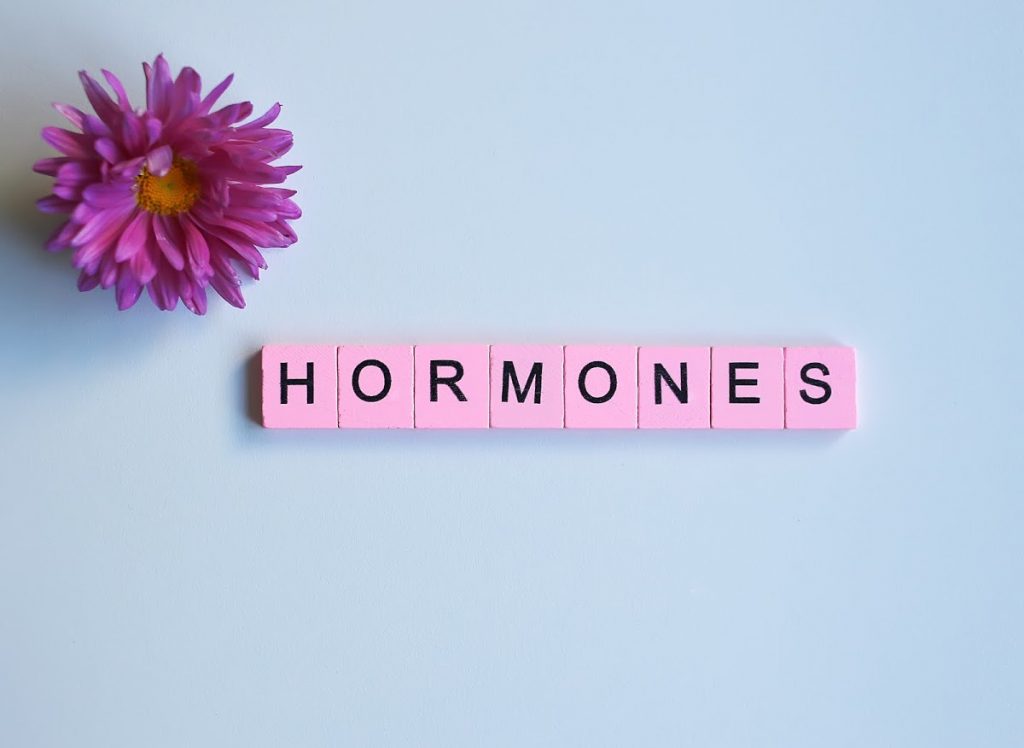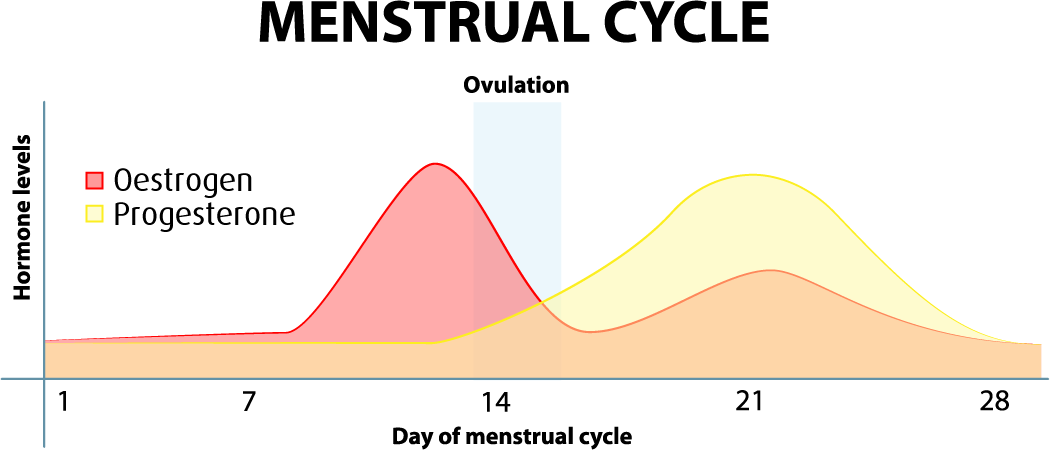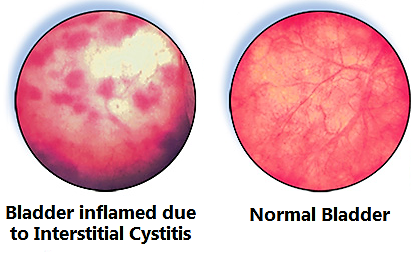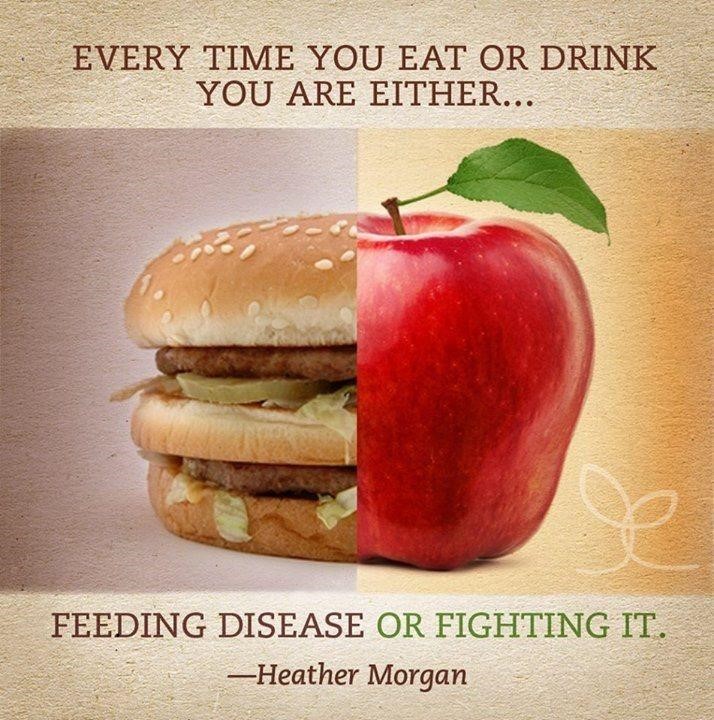Have you ever heard of the Human Growth Hormone?
Hormones are little chemical messengers that control a lot of our day-to-day lives in how we feel, think, and even how we look. When in balance, hormones enhance sleep, sexual function, mood, metabolism, growth and development, and the immune and digestive systems. On the other hand, when out of balance, hormones seem to work against the body—especially when it comes to weight.
We all know about the fat monsters, Leptin and Insulin, but did you know there’s a whole other hormone that’s only been under the microscope for about 100 years? It’s largely associated with pre-pubescent humans and adult athletes, but what we’ve come to discover is that this specific hormone has many faces.
So what does that mean for you? To put it simply, if you’re having trouble losing weight, the Human Growth Hormone (HGH) might be to blame.
Defining Human Growth Hormone
If you’re an athlete, you’ve probably heard about Human Growth Hormone (HGH). A natural testosterone booster, it is often associated with steroid use and cheating during competition. HGH is produced out of the pituitary gland and stimulates growth in childhood. In adults, it’s responsible for maintaining a healthy body composition and metabolism by affecting fat distribution.
Why do we need it?
While lower HGH levels may negatively impact your quality of life, increase your risk for disease, and make you gain fat, there is a growing list of HGH benefits:
- Improves muscle strength
- Supports bone healing/stronger bones
- Enhances weight loss/decreases obesity
- Supports cell repair
- Enhances strength and exercise performance
- Aids in the recovery through injury and disease
- Reduces cardiovascular disease
- Supports erectile dysfunction
- Improves sleep
- Improves mood and cognitive function
Deficiencies:
While diet and lifestyle choices can have a significant impact on your HGH levels, other factors play a role in deficiency:
The “The Master Gland”
The pituitary gland is a small, pea-sized gland with a big job. Found at the base of the brain, it produces many hormones that travel throughout the body. The pituitary gland not only controls physical growth, but it also regulates other glands throughout the body that produce hormones such as testosterone and estrogen. When it is damaged or simply stops working, the body’s ability to produce HGH could be at risk. While injuries, medications, head trauma, bleeding in or close to the gland and other conditions can affect the pituitary gland, tumors or growths are the most common disorder.
Tumors: The most common in adults, they are usually always benign tumors (not cancerous).
- Hyper-secretion is a problem caused by Secretory tumors that produce too much of a hormone produced by the pituitary gland.
- Hypo-secretion is a problem caused by Non-Secretory tumors that don’t produce enough.
- Tumor Mass Effects happen when a growing pituitary tumor presses on the gland or other parts of the brain and causes headaches and/or vision problems.
Hypothalamus and Energy Conservation
We’ve known for quite some time that we have large quantities of HGH receptors in our liver, tissue, muscle, and organs connected to growth metabolism. Recently, research out of the University of São Paulo in Brazil revealed that our brains are also full of growth hormone receptors and play a large part in metabolic responses (Bass). HGH isn’t just simply involved in the growth metabolism/metabolic rate—brain growth hormones actually influence the metabolic responses that conserve energy during hunger or dieting (Bass).
We now know that there are two mechanisms at play: one activated by leptin and the other activated by growth hormone. This discovery is the reason weight loss achieved after a successful diet is so difficult to maintain and why it is so easy to gain the weight back. In the study, researchers found that weight loss triggered an increase in growth hormone in the hypothalamus: a region of the brain that affects the entire endocrine system because of its complex interaction with the pituitary gland. This reaction led to an increase in hunger, which sent a signal to the “starvation hormone,” Leptin, and ultimately led to a whole lot of fat storage and weight gain (Bass).
This means, when putting together a weight loss plan, treatments based solely on Leptin might not work.
Signs of a Deficiency:
- Depression and/or anxiety
- Hair loss
- Sexual Dysfunction
- Decreased muscle strength
- Memory loss and difficulty concentrating
- Thin, dry skin
- High levels of triglycerides
- Fatigue
- Increased risk of cardiovascular disease
- High cholesterol
- Insulin resistance
- Reduced bone density
- Temperature sensitivities
- Increased weight, belly fat
Boosting Human Growth Hormone:
A synthetic HGH was first developed and approved by the FDA for use in adults and children in the 80’s. Doses can be injected by a health care physician to promote weight loss, muscle increase, general recovery, and even the anti-aging process. Furthermore, GH therapy requires a diagnosis, which could include stimulation tests, MRIs, and x-rays.
Above all, who wants to go through all of that? Also, did you read the word INJECTED?
Listen, the body is a wondrous, miraculous thing. You could just make a few tweaks here and there to give yourself a needed boost. Always remember: If we give the body the right environment, it will heal itself.
Natural Ways to Boost HGH:
- Lose body fat to optimize your HGH levels and improve your health
- Reduce sugar to keep insulin levels low (research suggests insulin spikes disrupt the natural growth hormone production)
- Eat the Right foods:
- Raspberries to boost your levels, so throw some in your morning shake!
- Pineapple for a great source of serotonin: a hormone made between the brain and digestive tract that works as a neurotransmitter to relax you. Eat it late to aid sleep and boost HGH.
- Add some coconut oil (1g per kg of your bodyweight) to your pre-workout shake to boost your HGH for up to four hours!
- Greek Yogurt for the HGH-boosting amino acid glutamine!
- Intermittent fasting to help drop body fat and keep insulin levels low
- High intensity exercise/HIIT workouts provoke stimulus to the secretion of HGH.
- 7-10 hours of quality SLEEP every night to enhance long-term HGH production
- Supplements:
- Melatonin to aid in sleep, reduce stress, and regulate blood pressure
- L-Glutamine to enhance glycogen storage, boost growth hormone levels, and hydrate muscle cells
- Arginine to increase the resting growth hormone levels
- Vitamin C to lower heart disease risk and waist-hip ratio
Now a Warning!
Human Growth Hormones have side effects. Too much of a boost could leave you with enlarged fingers and toes, skeletal changes, and lengthening of the jaw. This is why you should NEVER try and diagnose yourself—especially when dealing with something as complex as hormone deficiencies.
Finally, if you suspect you have an HGH deficiency, make an appointment with one of Forum Health Clarkston’s expert Functional Medicine Nutritionists. Through our available tests, assessment process, and your health history, we have the tools to identify the root cause and help you with a customized plan that will help create the environment you need for balance.
Unsure of how to get started? Just give us a call and we’ll show you the way! 248-625-5143.
Adrian Schirr
Forum Health Clarkston
7300 Dixie Hwy. Ste. 500
Clarkston, MI 48346
248-625-5143
References:
Bass, Ray. “Growth Hormone Can Prevent Weight Loss.” Mind Body Green, April 15, 2019.
Boland, Joe. “9 Benefits of Human Growth Hormone, Including More Muscle & Less Fat.” Dr. Axe, June 13, 2017.
Hormone Growth Network
Mawer, Rudy. “11 Ways to Boost Human Growth Hormone (HGH) Naturally.” Healthline, September 11, 2018.







